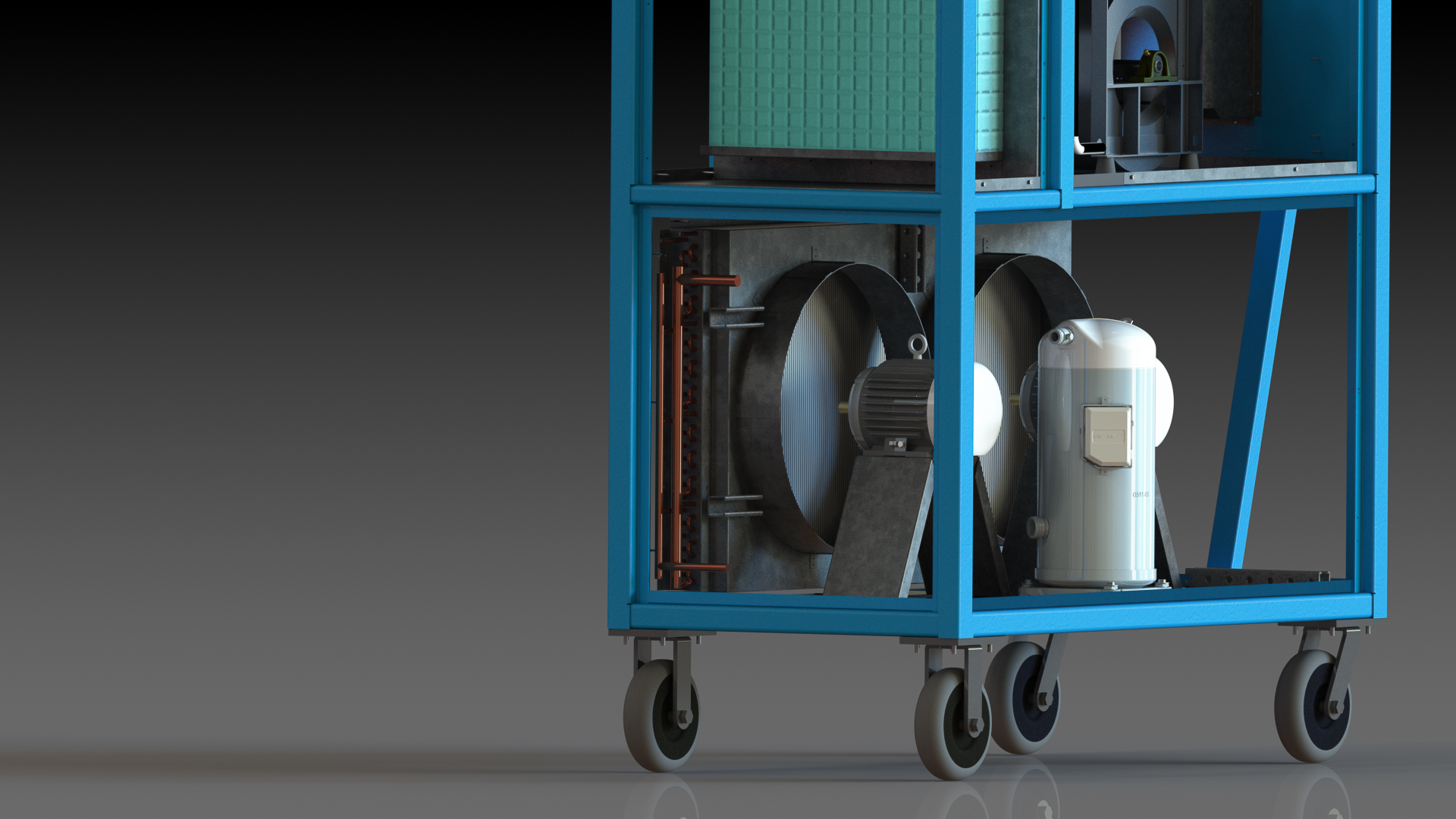What to Consider When Choosing an Industrial Chiller
When providing safe and reliable environments for people and property, chillers are often the preferred option. They remove heat produced by equipment using a type of liquid and dispel it within the chiller before being sent back to remove more heat.
The challenge comes when you are ready to select an industrial chiller and are unsure which one to choose. There are many chiller options, and which is best for your facility depends greatly on several factors.
At Scientific Systems, we’re here to help you select the correct and most efficient chiller for your processes to ensure site and worker safety. Read our guide on what to consider when choosing an industrial chiller, and call us at 225-926-6950 for a personal consultation for your facility.
[Related: What is a Chiller?]
Process Cooling Fluid
One part of an industrial chiller you need to consider when choosing one is the type of fluid you’ll need. The available coolant fluids include oil, glycol, water, chemical, Dynalene HC-40, and other additional types.
In addition to making sure the coolant fluid is compatible with the equipment it will be cooling, you also need to consider at what temperature the coolant will be performing. For example, you cannot use a water-only based chiller if it is going to be operating below 32 degrees Fahrenheit, as it will freeze. Water-based chillers are good for temperatures between 40-50 degrees.
If you’re looking for a low-temperature chiller, a glycol mixture might be a good choice, as it operates below 40 degrees Fahrenheit. Chemical and oil-based chillers are also viable options depending on other factors.
Scientific Systems specializes in low and extra-low-temperature chillers. With years of experience providing specialized chillers to meet low-temperature conditions, we can provide you with what you need. We know the heat transfer properties of all coolants and can provide you with a chiller customized to your facility’s needs. We can even deliver chillers to handle heat exchanges from fluid to fluid.
Cooling Fluid Temperature
Another factor to consider when choosing a chiller is the cooling capacity of the chiller. A chiller’s cooling capacity is its ability to remove heat and is affected by the setpoint temperature, or the temperature in the chiller is set to. When the temperature is lowered, the heat transfer efficiency drops and decreases the cooling capacity.
In other words, decreasing the temperature will increase the system’s load, making it less efficient. Increasing the temperature would lessen the burden on the chiller, making it more efficient. This effect is called the Derating Curve. A chiller’s temperature set at -4 degrees will not perform the same as a system set at 50 degrees.
It is vital to select a chiller that has a compatible capacity to ensure your equipment stays cooled and the chiller is working efficiently.
Process Pressure and Flow Requirements
Process pressure and flow requirements are other factors you need to consider when choosing a chiller. Your systems should dictate what is correct for pressure coming in and out in the process, and your chiller maintains those levels.
We can determine the pressure loss across a system using pressure gauges set at the inlet and outlet and apply pump pressure to obtain the values at the desired flow rate. Determining the pressure and flow rate is important, as inadequate flow will yield insufficient heat transfer, meaning heat is not removed at the correct rate for safe operations.
If you want to vary the pressure, we can calculate that as well using a VFD or variable frequency drive-powered pump, which can variate the flow rates. This is helpful if you have various equipment running at different times or need different flow rates set.
Worksite Environment
You also need to have an understanding of your work environment and conditions to select the best type of chiller for your processes.
Water-cooled chillers are extremely consistent in maintaining a steady temperature in any environment, as there is an ample supply of the condensing medium. Air-cooled chillers, however, may struggle in high-ambient (temperature) environments as they work to keep your process chilled with additional heat to compensate for.
At Scientific Systems, we specialize in high-ambient systems and operate worldwide to provide solutions to companies. If you need a chiller in a hot environment, trust the specialists and call us at 225-926-6950.
Chiller Size
Lastly, when choosing a chiller for your facility, you need to consider the capacity of the chiller. It may be tempting to buy a smaller chiller to save money, but a small chiller might not be able to cool the equipment properly. This makes your system unable to perform under normal loads and can result down time that would otherwise be utilized.
On the other side, an oversized chiller will not run efficiently and will cost you more to operate. Determining the correct unit size will require you to define the flow rate and temperature change needed between the inlet and outlet of the system.
[Related: How to Calculate Chiller Capacity]
Contact Scientific Systems to Choose a Chiller Right for Your Systems
When choosing a chiller, there is a lot to consider, but it doesn’t have to be difficult. At Scientific Systems, we specialize in providing top-tier chillers in hazardous environments and can meet your requirements. Let us help you determine what chiller you need and get a chiller for your operations by calling us at 225-926-6950.


